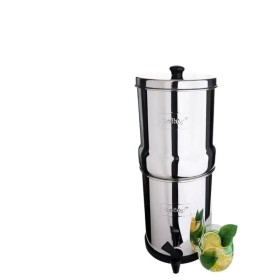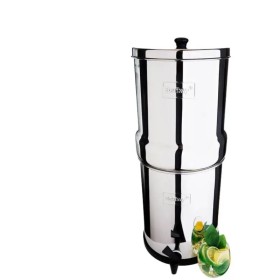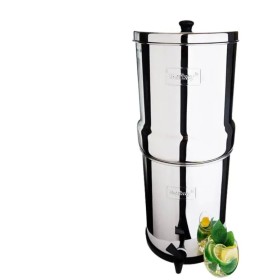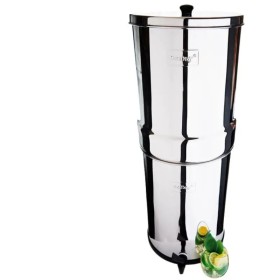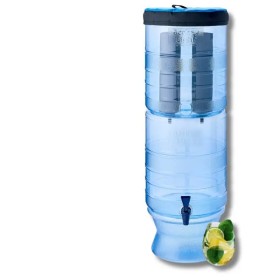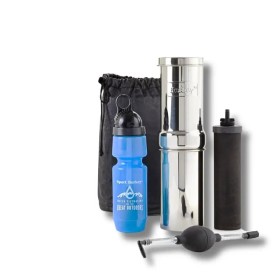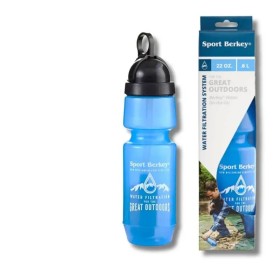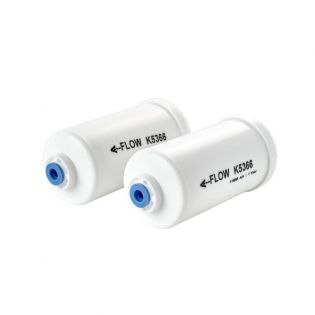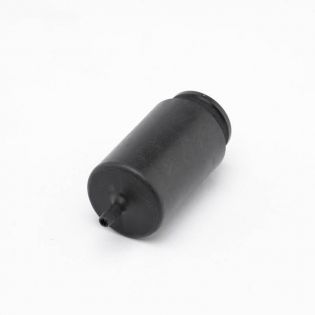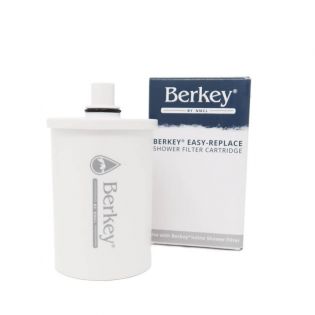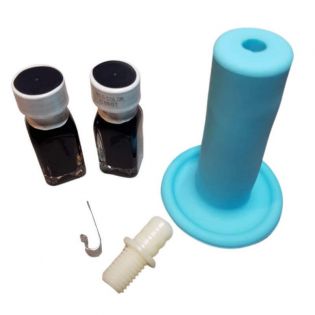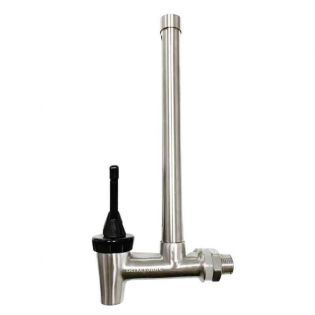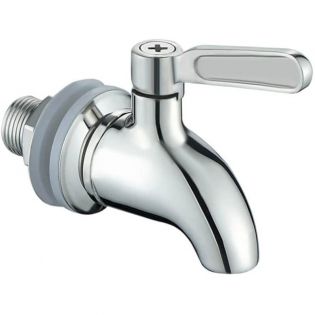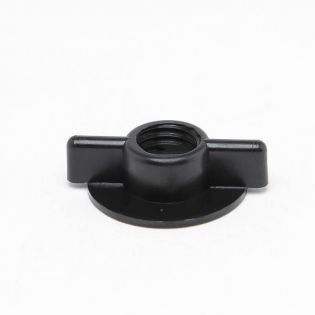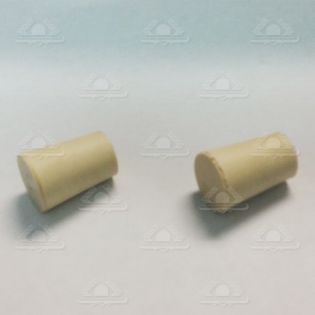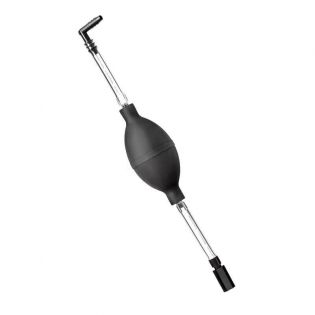Drinking Water Treatment and Bladder Cancer: The Hidden Danger of THMs
Chlorinated drinking water can contain potentially dangerous contaminants, and is one of the main sources of exposure to trihalomethanes (THMs). These chemicals are of particular concern, linked to a range of health problems, including cancer.
What are trihalomethanes?
Trihalomethanes (THMs) are chemical components among more than 600 DBPs (Disinfection By-Products). The four most common THMs are chloroform, bromodichloromethane, dibromochloromethane and bromoform. These substances are often present in drinking water treated with chlorine, a common process for eliminating pathogens.
Water treatment and THMs
Drinking water treatment is crucial for eliminating bacteria and other pathogenic micro-organisms. Chlorine is highly effective at disinfecting water, a process that is crucial in preventing waterborne diseases. However, the chlorination process can lead to the formation of trihalomethanes when the chlorine reacts with the organic matter naturally present in the water. Although chlorination is effective at killing bacteria, it also poses the problem of the formation of potentially harmful by-products such as THMs.
A link with bladder cancer
According to Santé Public France DBPs will be responsible for 18% of bladder cancer cases in France. More specifically, THMs can damage the DNA of bladder cells, leading to cancerous mutations. Bladder cancer is of particular concern because it can be aggressive and recurrent. THMs are absorbed through ingestion, inhalation and skin contact, meaning that even water used for showering or bathing can pose a risk. A study by the Barcelona Institute for Global Health (ISGlobal), which analysed water from 26 European countries, concluded that almost 5% of all bladder cancer cases in Europe were due to THMs. The study found that trihalomethane levels in the majority of countries were below the maximum permitted limit in the EU - 11.7 µg/L compared with 100 µg/L - but that this limit was exceeded in Cyprus, Estonia, Hungary, Ireland, Italy, Poland, Portugal, Spain and the UK.
How to Reduce Exposure to Trihalomethanes
The best way to reduce exposure to trihalomethanes is to filter water before drinking it or using it for other household activities. That's where Berkey® water filtration systems come in.
Berkey® Water Filters: An Effective Solution
Berkey® Water Filters are designed to remove a wide range of contaminants, including trihalomethanes. Thanks to their advanced filtration technology, Berkey® systems can significantly reduce THM levels in drinking water. Here are just a few of the benefits of Berkey filters:
- Effective Contaminant Removal: Berkey® filters use a multiple filtration process to remove trihalomethanes, heavy metals, bacteria and other contaminants.
- Durability: Berkey® systems are robust and built to last, providing long-term protection against water contaminants.
- Ease of Use: Berkey® filters are simple to install and maintain, making access to clean, safe water easier than ever.
Conclusion
Trihalomethanes in drinking water represent a serious health risk, particularly with regard to bladder cancer. However, by taking steps to filter your water with systems such as those offered by Berkey®, you can reduce your exposure to these harmful substances and protect your health and that of your family. Investing in a quality water filter is an important step towards a healthier and safer life.
Remember, your health starts with the water you drink.
Share this content

